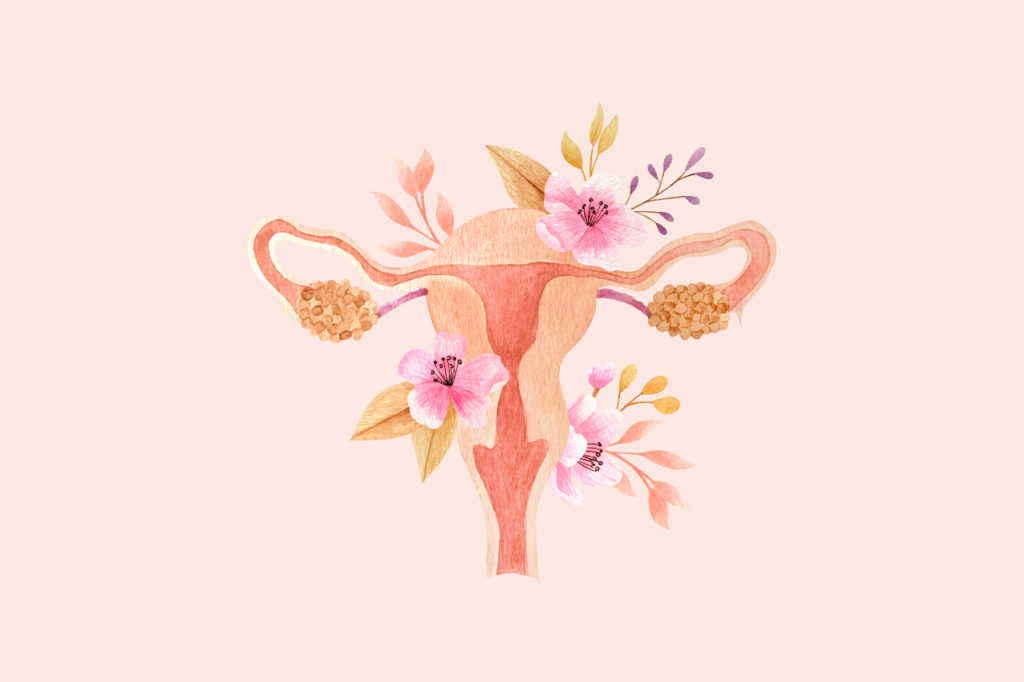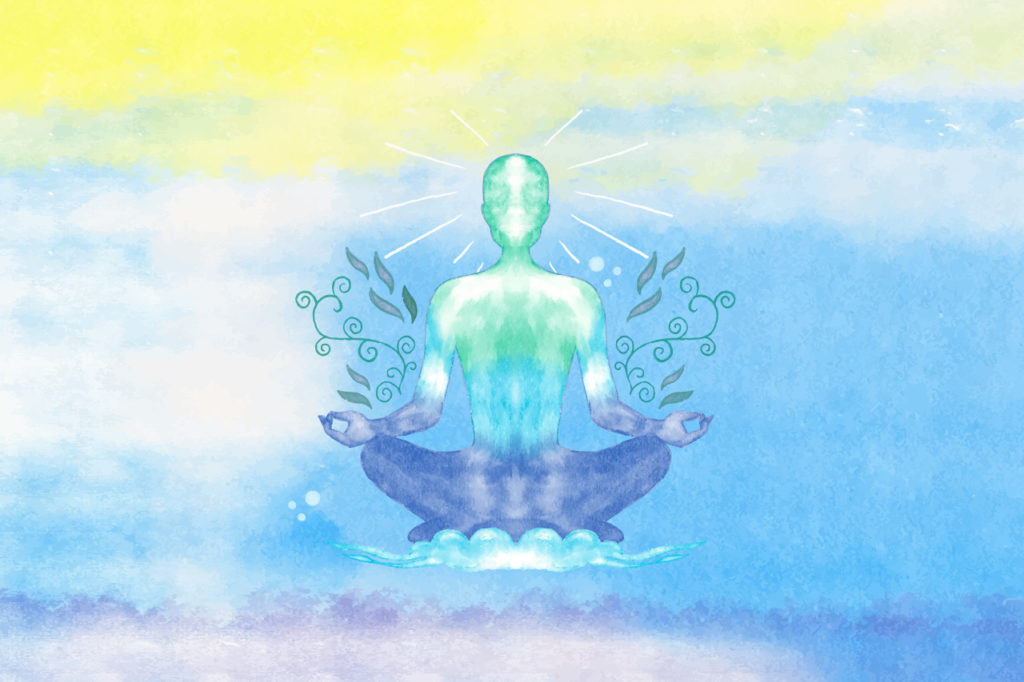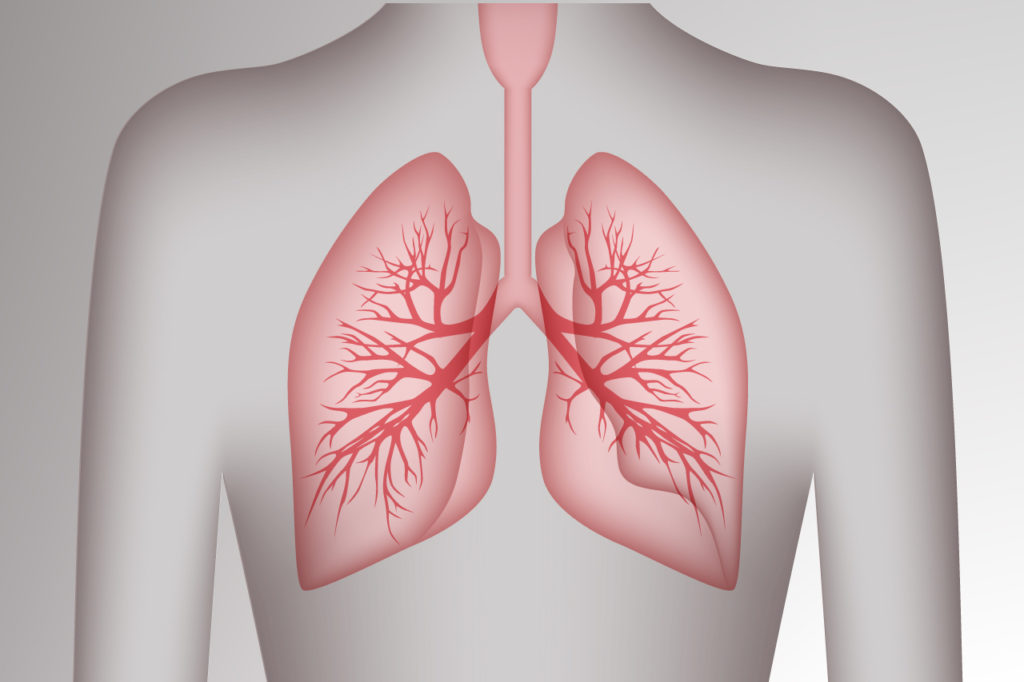
Menopause: Definition, Causes, Symptoms, Stages, Lifestyle Changes, Diet To Ease Menopausal Difficulties
Menopause, a natural biological process of ageing, is the end of a women’s menstrual cycle, indicating the end of reproductive years. It is not a disease or dysfunction. Every woman goes through the menopausal transition, typically during the late 40s or early 50s. For some, it might be the early 60s as well, and studies show that 1% of women experience menopause in their early 30s, known as premature menopause, the reason being genetics or autoimmune disease. This transition usually lasts for a few years before the last period. In this article, Dr Kausthub Desikachar talks about Menopause: definition, causes, symptoms, stages, lifestyle changes, diet to ease menopausal difficulties.
What Causes Menopause?
Menopause is described as “the event when a woman has no menstrual periods for 12 back-to-back months, and it permanently stops, resulting in the end of fertility and childbearing years.” The age at which menopause occurs has no connection with a woman’s first period, weight, height, number of babies given birth to or the use of oral contraceptives.
Dr Kausthub Desikachar says, a women’s reproductive cycle has been ceaselessly toiling since puberty, and as they age, their reproductive cycle starts to slow down and prepares to stop. As menopause nears, the ovaries dramatically lessen the production of estrogen hormone, responsible for the menstrual period, resulting in a transition of irregular periods and then permanently stops gradually. Lack of estrogen production is considered to be the cause of many symptoms connected with menopause.
Other reasons for menopause apart from the natural process could be due to surgical treatment that removes the ovaries, chemotherapy or radiation therapy.
Symptoms Of Menopause
Menopause cause symptoms that last for months or years, and every woman’s menopause experience is unique. The symptoms remain the same during perimenopause, menopause, and postmenopause. Not all symptoms are experienced by all women. Most women undergo hot flashes, night sweating and may range from mild to severe and depend upon an individual. Other symptoms include:
- heavier or lighter periods than you usually endure
- less frequent menstruation
- changes in sleep pattern, lack of proper sleep
- vaginal dehydration or dryness
- diminished libido, or sex drive
- sensitive or tender breasts
- loss of fuller busts
- frequent urination
- urinary tract infections (UTIs)
- weight gain due to slow metabolism
- memory and concentration problems
- anxiety and depression
- severe mood swings
- tiredness
- sudden chills
- headaches
- heartbeats racing fast
- dry eyes leading to itchiness and swelling
- dry skin
- hair loss or thinning
- painful or stiff joints
- increased risk of cardiovascular disease
- brittle and weak bones
Stages Of Menopause Transition
1.Perimenopause
Perimenopause is the season heading up to menopause. This transition can take two to five years or a quicker transition for some women. During perimenopause, the ovaries are still working, but their capacity has started to decline and slowly stop releasing eggs. Women experience menopause symptoms during this phase of transition.
2.Menopause
Menopause is confirmed when a woman has no menstrual periods for 12 back-to-back months and has permanently stoped. At this phase, the ovaries have ceased releasing eggs and producing estrogen.
3.Postmenopause
During this stage, Dr Kausthub Desikachar says women will not have any more periods or symptoms of PMS but may experience hot flashes and other symptoms for a more extended period. As a consequence of a lower estrogen level, postmenopausal women are at increased risk for health ailments, and this is the season to take great care of one’s health to prevent sickness.
Lifestyle Changes Recommended By Dr Kausthub Desikachar
Making a good lifestyle change benefit women who deal with menopause.
Follow these steps to ease menopausal discomfort.
- Indulge in activities like walking, jogging, cycling or hitting the gym every day to have a sound sleep and prevent infirmities like cardiovascular problems, diabetes, and osteoporosis.
- Strengthen your pelvic muscles with Yoga practices to prevent bladder leakages.
- Stay socially and mentally engaged to avoid mood swings, memory and concentration problems.
- Start having a wholesome and balanced meal to maintain a healthy weight and stay fit.
- Practice yoga and deep breathing that will calm your mind and help you be clear in your thoughts.
Diet and Nutrition for Menopausal Women
- Include calcium-rich food each day
- Indulge in having iron and fibre rich food each day
- Eat 1 ½ cups of fruit and 2 cups of vegetables each day
- Drink plenty of water and stay hydrated
- Restrict from eating fatty foods
- Limit your sugar and salt intake

Dr Kausthub Desikachar
Dr. Kausthub Desikachar is the successor and current lineage holder of the classical Viniyoga tradition of T Krishnamacharya & TKV Desikachar. He is an acclaimed yoga teacher, yoga therapist, healer and spiritual adviser. He is also an avid photographer, inspirational writer and poet.
Trending Post
Subscribe Now
Subscribe for blog updates on Poems, Photography, Health & Wellness, Spirituality & Culture and travel.


